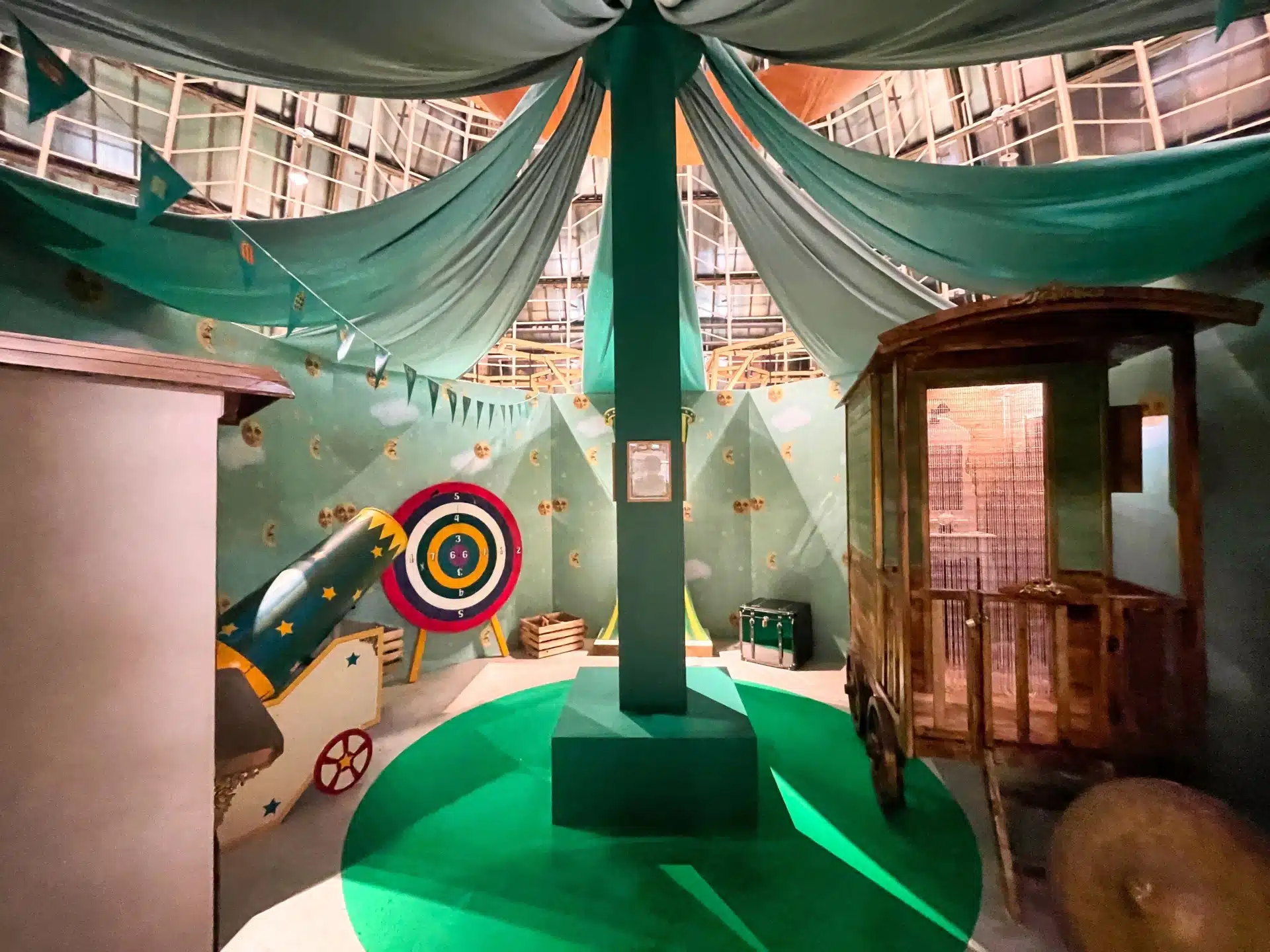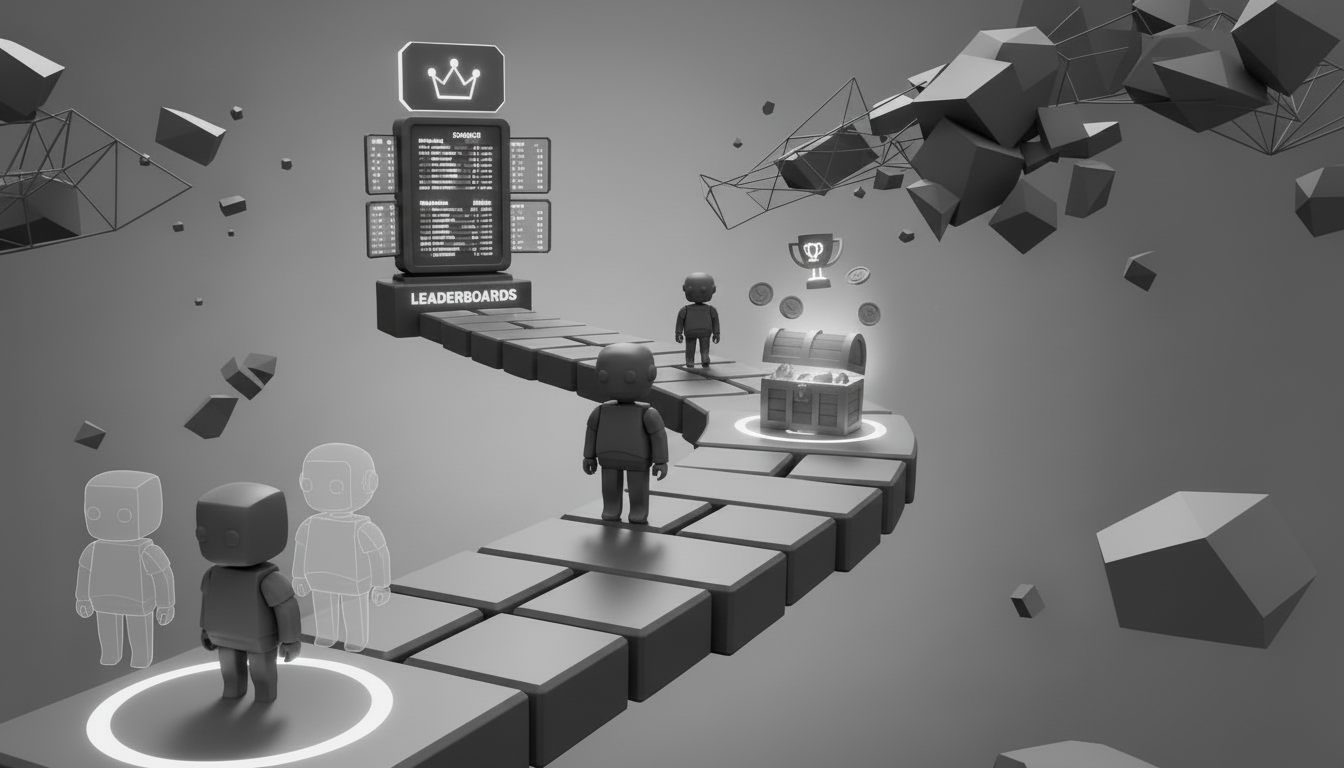
Unlock the Mystery: Guide to Different Types of Escape Rooms

Escape into fun! More than 1,900 escape room facilities are open in America alone. Most of these escape rooms are for recreational purposes, but you can turn an escape room into an excellent tool for training, brand awareness, and team building.
The key is to examine different types of escape rooms and find the right ones for your corporate needs. So what escape room type games can you and your employees play? Here is your guide to your many choices!
Virtual Escape Rooms
Virtual or digital escape rooms are like in-person rooms, but they take place online. They are a great option to train a large number of employees within a short period of time. The capacity of players who can connect to the game simultaneously can be up to 100K. You can customize your virtual escape room however you want, gamifying your employee training will make them engaged, involved and motivated throughout the training regardless of the topics. The commonly used user interface can be point and click and drag and drop. Players enter a virtual space and click on objects to find clues, drag and drop the objects to solve puzzles, and unlock parts of the room. Escape room games are always timed, requiring the players to communicate clearly and divide tasks.
Related: Gamification in Onboarding

3D Games
3D escape room can create an immersive experience more so than a 2D escape room. These games use high-definition graphics fully customizable to your brand identity and it will allow you to create a virtual room with more interactions and live a more real-life experience.

Metaverse
You can also have a virtual escape room in the metaverse. Players can access the game from any device without a headset, using a simple URL link to start the escape room. The metaverse offers an immersive experience that you can adapt to any employee training. Video, audio, and chat are integrated into the metaverse, allowing your players to communicate with each other and hone their interpersonal skills.

Treasure Hunt
In a treasure hunt game, players solve puzzles to uncover hidden artifacts and advance in a story. They may need to solve quizzes, interpret images, and use maps and compasses to continue playing the game. You can use any theme you want. Players can work in teams or by themselves, letting you train your employees differently.

Cluedo
Cluedo escape rooms are just like the classic board game. Players must determine who is responsible for an emergency by clicking on objects and exploring a room to find clues. They have limited time to look through their virtual escape room. In the end, the players must vote on who the culprit is. Cluedo games encourage players to do their own thinking and share clues with others, as limited information can affect someone’s vote.
Are you ready to enjoy custom-made digital escape rooms for your company training? Contact Emeraude Escape’s room designers today!
Physical Escape Rooms

Physical rooms are the most popular type of escape room. A small team of players enters a locked room and must solve puzzles by searching for clues in the space. The players may need to perform physical tasks like assembling objects or rearranging the letters to solve the anagram. Players must complete all puzzles within a time limit.
Related: What Is an Escape Room?
Physical rooms are immense, intense, and customizable. You can write a story for your room or incorporate your marketing campaigns into props to create a corporate-applied game. They are great for brand activation and experiential marketing.
Linear Rooms
In a linear room, players must solve one puzzle before they can solve the next one. When they solve the puzzle, they get a clue leading to the second puzzle in the virtual escape room. They are less intense and more straightforward than other types, though all puzzles must be solvable within the time limit.
Non-linear Rooms
Non-linear rooms have two or more puzzles that players can solve simultaneously. They can do any puzzle first, though they may need to solve all puzzles in one room before moving into the next scenario. These rooms are best for large teams with players who are experts at escape rooms. They can have tasks for single players, teams of two, and larger teams, encouraging players to work with everyone on their team.
Mixed Linear and Non-linear Rooms
Mixed rooms have features of linear and non-linear rooms. Players may start in a scenario where they can solve puzzles in any order, but then they will encounter a puzzle they must solve before moving on. These rooms require players to interact with each other, so they are one of your best options for company training and icebreaking. A group of any size can benefit from a mixed room.
Scavenger Hunt
Scavenger hunts involve gathering clues rather than solving puzzles. You can have a linear, non-linear, or mixed game. You can require players to obtain a particular clue before moving on, or they can collect them however they want. Scavenger hunt rooms are the most straightforward escape rooms, though they can be boring for people used to complex puzzles or serious games.
Red Herring
Red herring rooms contain tricks. A player may get an incorrect clue, or there may be elements in the room that are just there for decoration. Red herring rooms are terrific for teaching employees about communication and gathering and interpreting evidence. They work best when there are hints about the red herrings, requiring players to think things through before doing anything.
Need help to figure out what type of room you should have? Use Emeraude Escape’s guided search to narrow your options down!
Industries That Can Train Employees With Escape Rooms

Major companies like Printemps, HARIBO and Nespresso have all used virtual and hybrid escape rooms. You can educate your employees on your company’s history, values, and protocols. You can also connect with your customers in an innovative and entertaining way. Your games can mimic activities that your players perform in real life, like working with clients or following a procedure. It can also craft stronger bonds among the players.
If you work in the sales and retail industry, leveraging a physical escape room to promote your brand, your product launch and your marketing campaigns is a great way for brand awareness and customer retention. You can also utilize virtual escape room to train your sales force for them to achieve their sales excellence and improve their product knowledge.
Related: 7 Tips for Employee Development
Discover


Book A Demo
Get a personalized demonstration by one of our game design experts.


